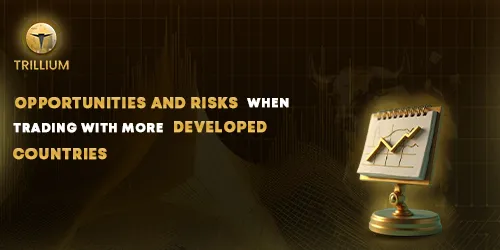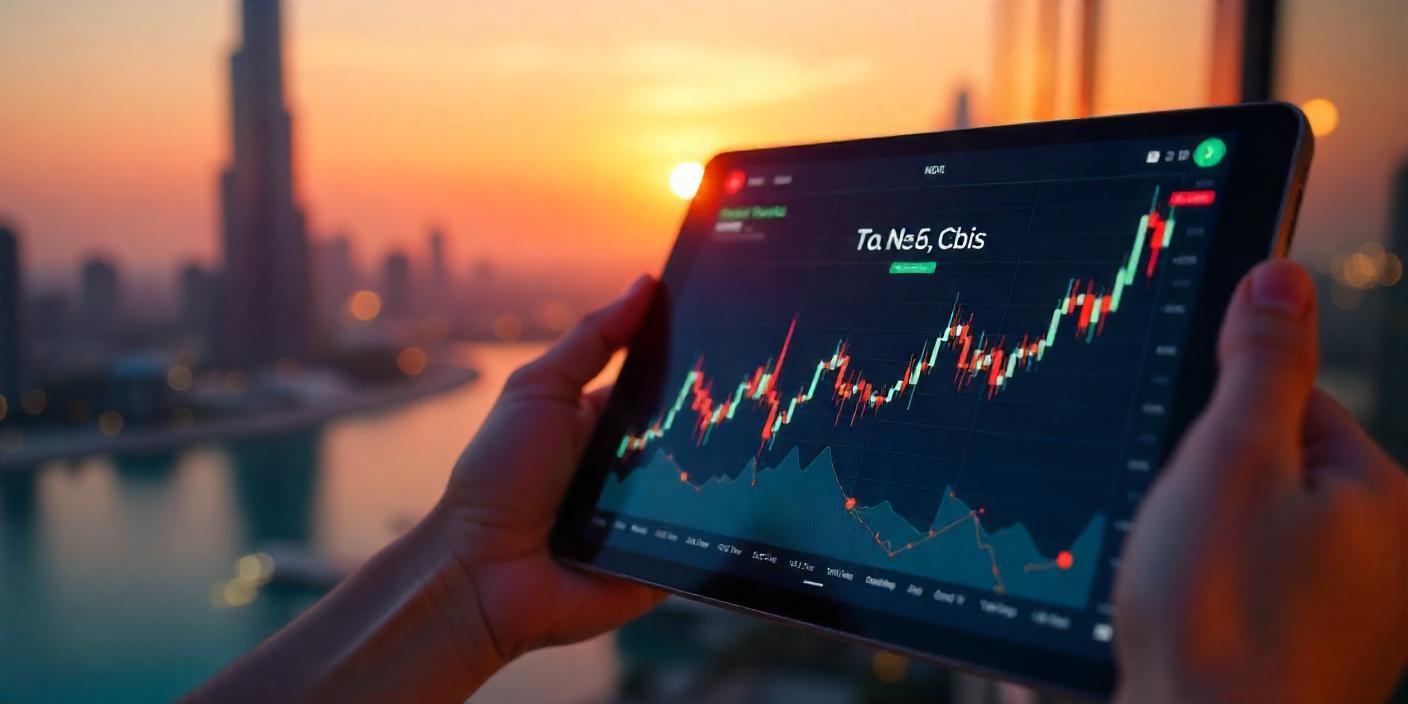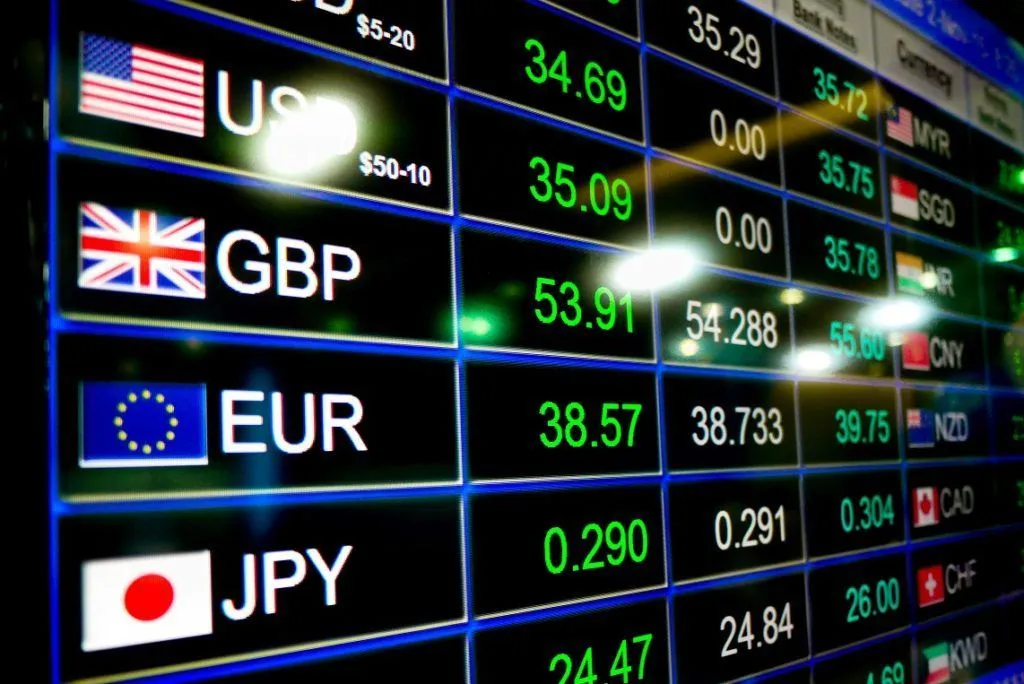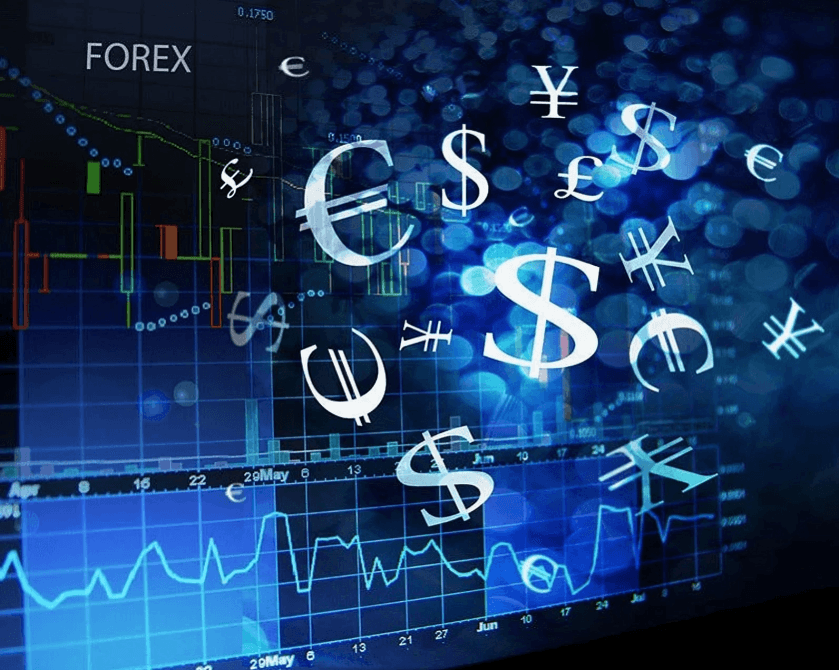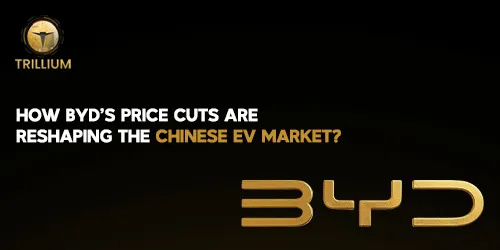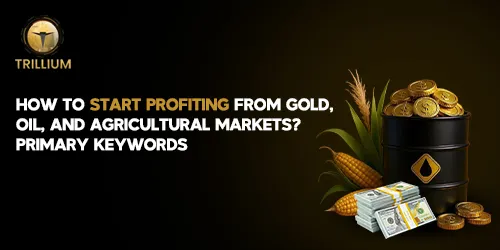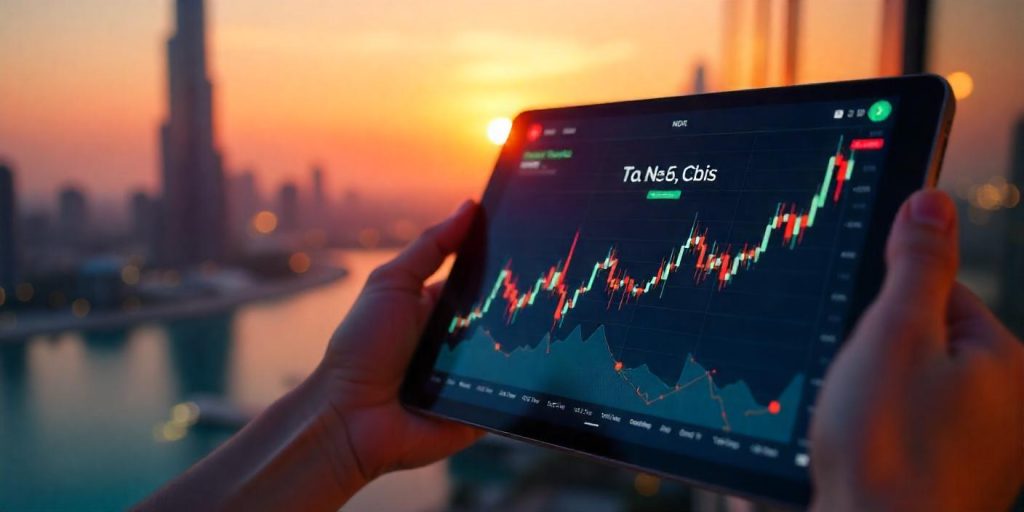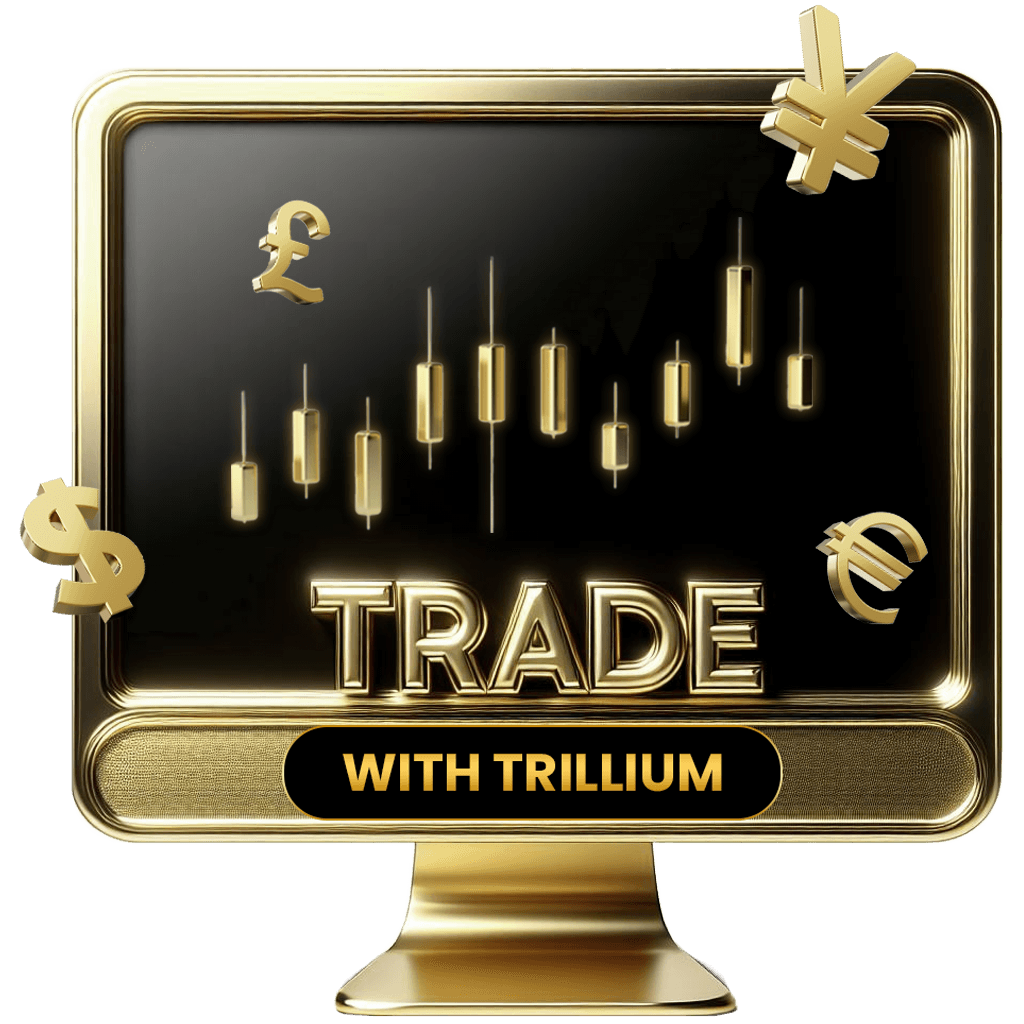Have you ever wondered about what happens when your handmade craft, homegrown produce, or locally sourced product makes its way onto shelves in cities like Berlin, Tokyo, or New York? For many small business owners and startup exporters, trading with more developed countries feels like a big win.
Developed countries often have stricter standards, higher competition, and a maze of compliance rules that can be overwhelming if you’re not prepared. So before jumping in, it’s smart to understand what you’re really stepping into. Let’s break down what you need to know before building trade relationships with more developed nations.
Understanding the Importance of Trading with Developed Countries
When a developing country taps into trade with more developed nations, it’s like getting invited to a much bigger table, where the conversations are global, the tools are advanced, and the opportunities stretch far beyond borders. Sure, the idea might sound like textbook economics, but on the ground, it’s about real people landing jobs, businesses scaling up, and communities seeing better roads, schools, and services.
By accessing new markets, developing countries can sell more of what they’re good such as:
- Textiles
- Tech Services
- Raw Materials
while bringing in cutting-edge technology and processes they couldn’t create alone. This exchange opens the door to growth that’s not just rapid but also smart. Let’s face it, though, there is a flip side as well.
Unequal partnerships, dependency risks and policy hurdles are real challenges. So, the key? Step in with your eyes open. Partner wisely, diversify markets, and always keep learning. Trade, done right, can be a game-changer not just for the economy, but for everyday lives.
Developed vs Developing Trade Relations: A Two-Way Street
It’s easy to imagine a one-sided game where the big players call the shots, when we talk about developed vs developing trade relations. And to be honest, that isn’t all that too far from reality. Developed countries often hold more bargaining power. They can influence trade agreements to their advantage since they have the technology, money, and international clout.
This can leave developing nations accepting less favorable terms just to get a foot in the door. But here’s the thing: everything is not bad. Many developing countries are learning to play smart by forming trade blogs, prioritizing local industries and leveraging niche exports that wealthier nations need.
Think of it like negotiating with a giant: you may not match their size, but you can still bring something valuable to the table. For businesses in developing regions, the key is knowing your strengths, staying informed about policy changes, and not being afraid to walk away from deals that feel uneven.
Understanding International Trade Policies
Whether you’re running a small business or sourcing textiles in Vietnam, international trade policies affect your daily grind more than you might think.
Tariffs: The Price Tag You Didn’t Expect
Imagine ordering something online and getting hit with surprise delivery charges—only way bigger. That’s what tariffs can feel like for businesses. For example, if you’re exporting shoes from Mexico to the U.S., and there’s a 10% tariff on them, your buyer might think twice about placing large orders because of the added cost.
Pro Tip: Always check if your product falls under any preferred category under trade agreements like USMCA (United States-Mexico-Canada Agreement). It could save you or your clients thousands in tariff costs.
Sanctions: The Red Lights in Global Trade
Sanctions are more serious. They’re often politically motivated and can block certain products, companies, or even entire countries from doing business. Think of them as hard “NO ENTRY” signs.
Take Russia, for example. Due to geopolitical tensions, several Western countries have imposed strict restrictions that affect not just oil and gas but even financial transactions, software licensing, and banking access.
Practical Advice: If you’re sourcing products or working with partners in politically sensitive regions, stay up to date on restriction lists. Websites like your local chamber of commerce or even trade tools on MT5 often provide real-time updates.
Trade Agreements: The Win-Win Deals
Now for the silver lining—trade agreements. These are like backstage passes that give businesses access to special treatment in foreign markets. They usually reduce tariffs, streamline customs, and provide legal protection.
For instance, the European Union’s trade agreements with countries like South Korea or Canada mean businesses from those countries can enjoy smoother access to EU markets. Less red tape, less taxes, and fewer checks?
Practical Advice: If your country has a trade deal with your target market, take full advantage. Join local trade groups or online platforms to understand how your product can qualify for benefits.
Maintaining a Global Market Trade Balance
When we talk about maintaining a global market trade balance, think of it as keeping your personal budget in check, you can’t keep spending more than you earn without feeling the pinch sooner or later. The same goes for countries. When a nation constantly buys more from others than it sells, it creates a trade imbalance that can quietly snowball into serious long-term setbacks.
- One of the first red flags? Currency pressure. Over time, this imbalance can weaken the national currency, making imports more expensive and shrinking the buying power of everyday people.
- Then comes the ripple effect, jobs may shift or disappear as local industries struggle to compete with cheaper foreign goods. And when industries slow down, so does overall economic health.
The key is here, Balance. It’s not about shutting doors; it’s about making sure the flow of trade benefits both sides. For individuals or businesses, staying aware of these patterns helps in planning smarter, choosing stable partnerships, and building resilience for the long haul.
Conclusion
Trading with more developed countries can open incredible doors but only if you know how to walk through them wisely. It’s not just about exporting goods; it’s about building fair, sustainable relationships that uplift your business and your community. At Trillium Financial Broker, we believe knowledge is your strongest currency. Stay informed, stay adaptable, and remember when you trade smart, you grow strong.
Ready to explore smarter global opportunities? Connect with Trillium Financial Broker today and take the first step toward confident, well-informed trade decisions that support long-term growth.

